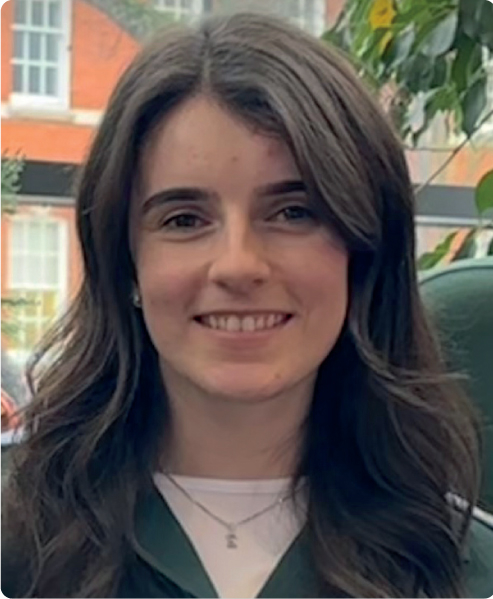
Preparing for placement felt like an impossibly scary task. I had no previous experience and I remember trawling the Facebook forums for essentials I would need in my bag. I frantically bought my first stethoscope—although I had no idea what I was supposed to be listening for! I remember stressing about where to park and what food to pack, but I was very excited for my first shift even though I felt so exposed that I should have known more.
The day of my first shift soon arrived and I was excited to meet my mentor. Thankfully I had already been to my station for a tour, which I would recommend to any student as it helped to reduce some anxiety for me. Another top tip I found helpful was to send my mentor an email introducing myself and stating when I would be on the road. I waited in the crew room for 20 mins and, sadly, had not been claimed by my elusive mentor. After making my way to the operational team leader (OTL) office and standing in the doorway like a lost child, I was told that my mentor was off sick.
I had been placed with another paramedic and thankfully the OTL took me through and introduced me, explaining that it was my first shift. They were friendly and chatty, and explained where everything was on the vehicle and how they liked to work. Afterwards, having never worked on an ambulance or even a night shift, I was exhausted with all the new information. The paramedic I was with was a fan of home discharge, which meant that on my first shift, we visited around nine patients! The last job had been a cardiac arrest which, added to all the emotions of the day, which were incredibly overwhelming to process. I went to bed thinking that this was not at all what I expected and felt apprehensive to return for my next shift.
The following two shifts I had were equally as overwhelming and full of embarrassing moments, but I was starting to recognise where things were and what to do. Although I still couldn't take a manual blood pressure and/or a respiration rate without using my phone timer and feeling like I was staring into the patient's soul.
By my second week, I could take a full set of observations and was falling into a learning routine with my mentor. I think the main thing I learned during my first placement is to try to get as involved as possible and be okay with being ‘uncomfortable’. As a student, everything is new and there is no expectation to know everything, but to gain experience and exposure. It is nice to watch and take everything in, especially as a first year where there is no pressure with clinical skills as there is in second and third year.
Student–home life balance is key to a healthy placement block. Time for family/friends, hobbies, rest and processing time for difficult jobs are all important. I struggled with getting my ongoing achievement record (OAR) signed off but taking it out of my bag at the start of the shift has helped as a prompt. Reading over my competences before my shift also made it easier to volunteer and showed I was proactive with getting my objectives signed off.
Gradually, my confidence has grown. There are still days when things don't go as expected. My philosophy is to take each day as it comes and experience the positives and negatives—without which there would be no comparison or progress.


